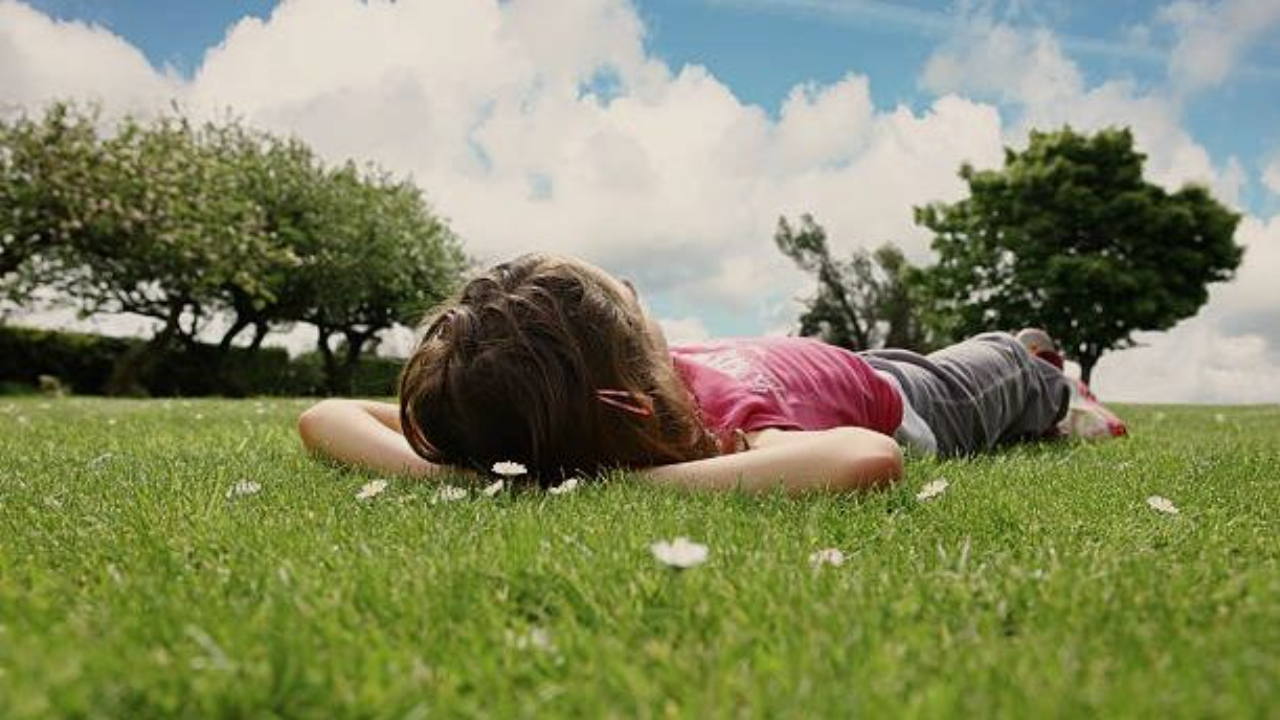Enjoying the Unexpected
Sep 13, 2023
Blog by Gem Fadling
Growing up on my family’s small six-acre farm in Washington was wonderful. I enjoyed many hours and days of leisure. This was back in the days before the information age. We had one phone connected to a wall and five channels on the TV (and I was the remote control). I had a pogo stick, a skateboard, a bike, and a horse. What else could a person need?
One of my favorite memories is of rolling down a small hill in our front yard. It was probably only a four-foot incline, but for a young child like me it was a delight. I spent hours lying in the grass, watching butterflies and bees, looking up at tall pine branches hanging overhead, or simply watching the sky.
I remember being enamored by dandelions and purple clover. The childlike thrill of blowing on a fluffy, white dandelion and watching the floating pappi. The delight of enjoying the sweetness of a tiny purple blossom. Both of these flowers were weeds, but I didn’t know that, and I didn’t care. I thought they were beautiful.
As this memory floated through my mind recently, a thought emerged: What makes a dandelion any less desirable than a tulip? Who decides what qualifies as a flower and what constitutes a weed? I’m sure the gardeners among you know the difference and could explain it to me quite plainly.
But bear with me, the non-gardener semi-philosopher, for just a moment.
Like the pappi in the wind, let’s float the question in reference to the garden of our souls: How will you decide what is a weed and what is a flower in your own life?
It’s all about our perspective, the choices we make. Every flower (or weed) is beautiful in its own way. And if one kind of flower happens to pop up where we didn’t plant it, is it possible that it’s a gift instead of a nuisance?
For example, interruptions might be considered the weeds of our lives. But Henri Nouwen, in his book Reaching Out, says this about interruptions:
“What if our interruptions are in fact our opportunities, if they are challenges to an inner response by which growth takes place and through which we come to the fullness of being?”
Nouwen goes so far as to say that interruptions (weeds) might actually lead to a fullness of being.
I think this might be about our move to judge too quickly what crosses our path. It’s easy to belittle or cast aspersions on an experience when it just might be something beautiful or even necessary.
Of course, it’s easier to admire a rose in full bloom than a small yellow flower that we trample underfoot. There are no dandelion gardens to rival the likes of the Huntington Library Rose Garden in spring.
But what about the little way of love? What if we could find childlike delight in the small things and even the interruptions of our lives.
Maybe the invitation is to not name something a nuisance prematurely. What if we could see something beautiful and essential within it? This might allow us to accept more encounters as gifts to be received rather than intrusions to muddle through.
So, I’ll ask it again: How will you decide what is a weed and what is a flower in your own life? Something to ponder as you move into your week.
Reflection
- What is one current weed situation in your life right now? See if you can find any redeeming aspects within it that might lead to more fullness of being.
- What would it look like to embrace this dynamic with delight, enjoying its smallness?
- Ask God to show you how to change your perspective on the weeds in your life.


